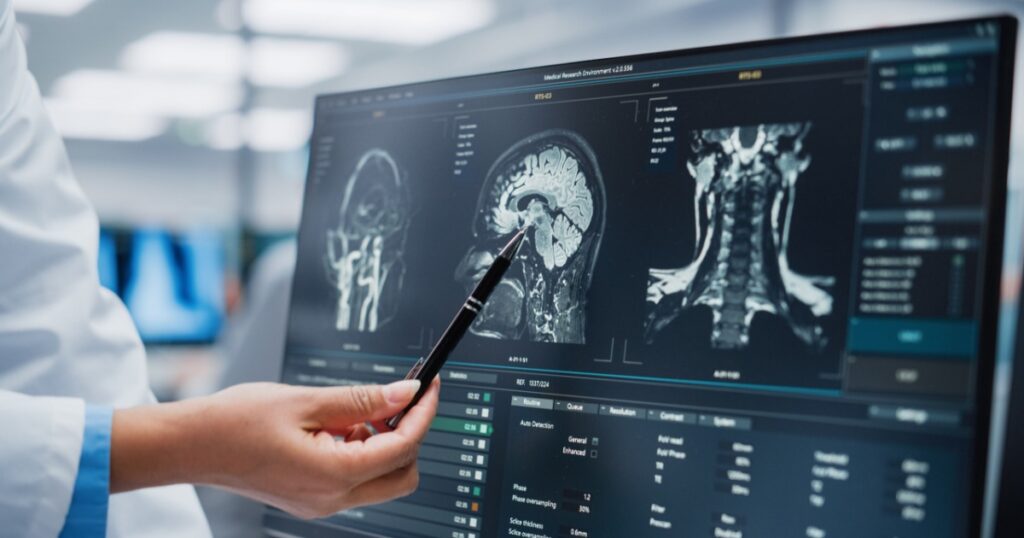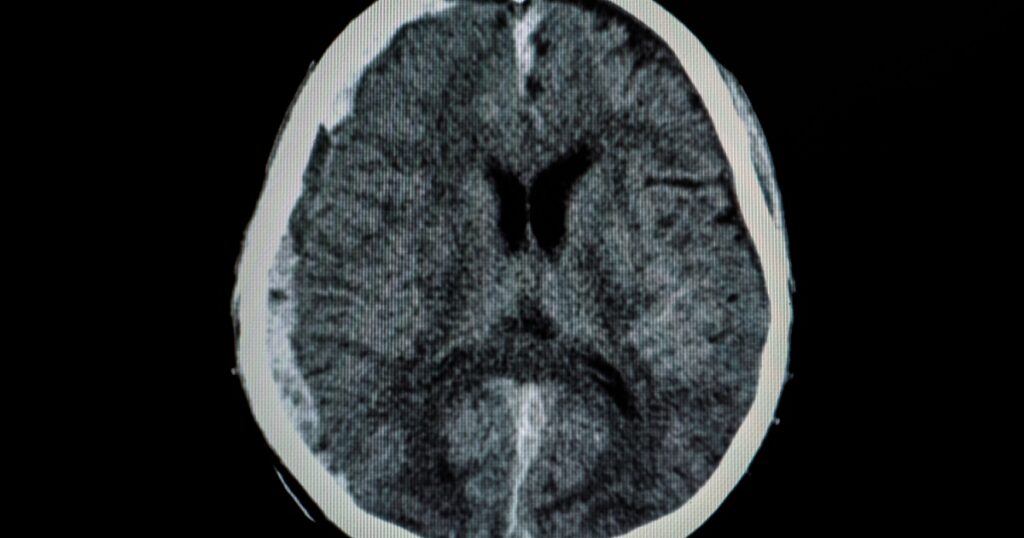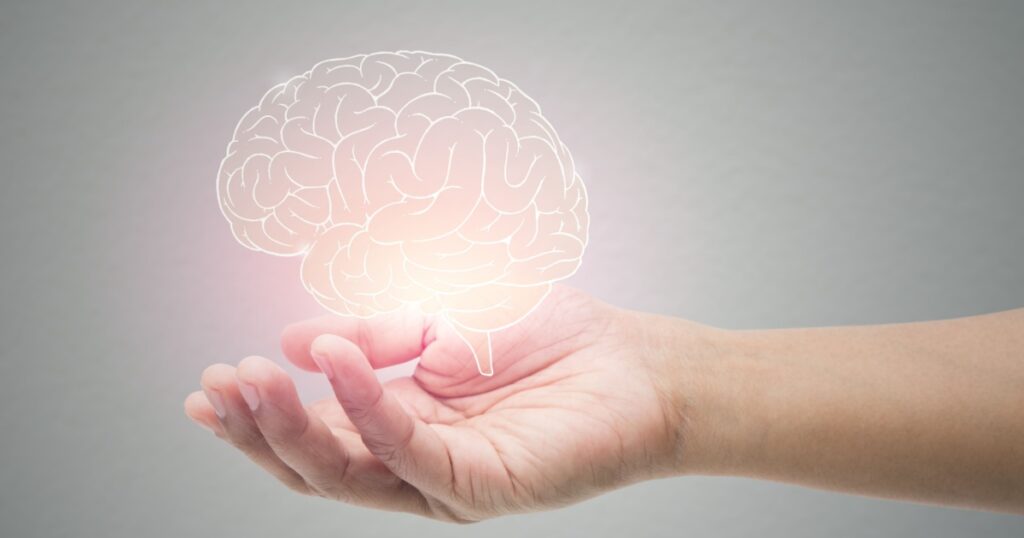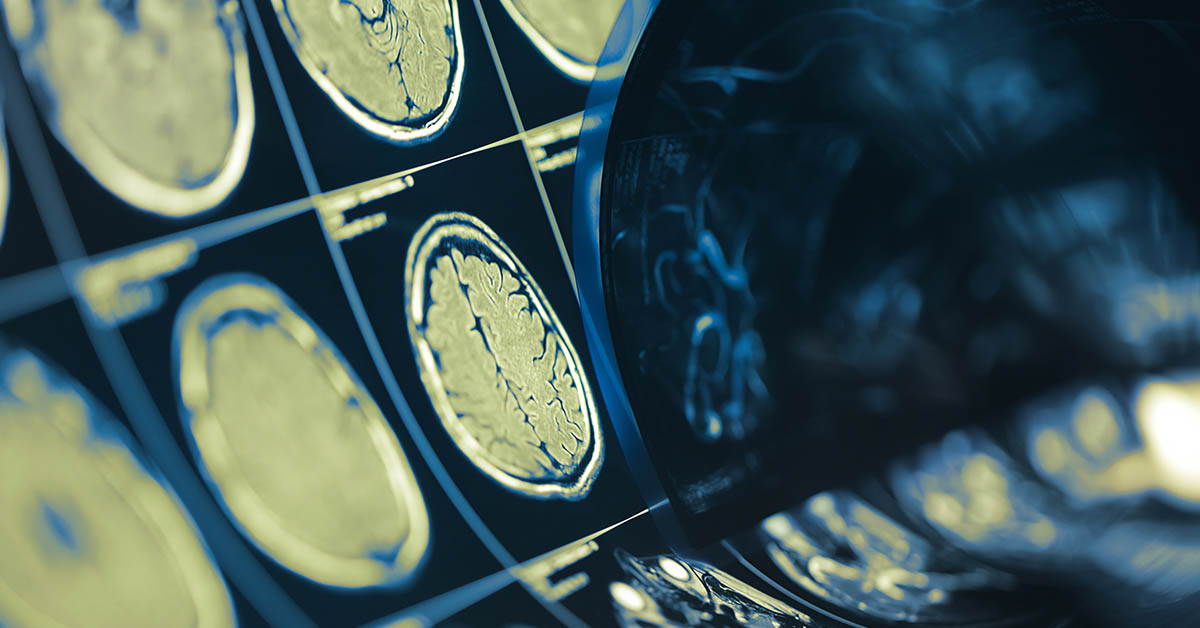The human brain is a remarkable organ that controls every aspect of our thoughts, emotions, and actions. It is constantly adapting and changing throughout our lives, influenced by various factors. Some conditions can have a significant impact on the brain, altering its structure and function in drastic ways. These are 14 conditions that actually alter your brain and the lasting impact this can have.
14 Conditions That Drastically Change Your Brain

Your health and your brain are closely connected. All health problems will impact your mental health in some way. Some conditions, however, actually change your brain structure and function. These are some of those and how they do that.
Read More: Toddlers, Meltdowns and Brain Development: Why Parents Need To Ditch Traditional Discipline
1. Traumatic Brain Injury (TBI)

TBI occurs due to a severe blow or jolt to the head, disrupting normal brain function. It can lead to cognitive, emotional, and physical changes, and even alter the brain’s neural connections. It can be commonly found in people who play contact sports, who have been in an accident, or who have had many concussions. (1)
2. Stroke

A stroke happens when blood flow to the brain is interrupted. This condition deprives brain cells of oxygen, leading to cell death and various cognitive and physical impairments. Strokes occur when a blood vessel in the brain bursts or is blocked by a clot. They can cause temporary or permanent damage, depending on the severity of the stroke and how quickly it is treated. Causes of strokes include High blood pressure, smoking, diabetes, and high cholesterol. (2)
3. Alzheimer’s Disease

Alzheimer’s is a neurodegenerative disorder characterized by the progressive loss of memory and cognitive decline. It causes the accumulation of abnormal protein structures in the brain, such as amyloid plaques and neurofibrillary tangles. Scientists are still learning more about this condition and what causes it. Genetics, unhealthy lifestyle factors, environmental pollution, social isolation, and other brain injuries put you at greater risk. (3)
4. Parkinson’s Disease

Parkinson’s is a progressive disorder that affects movement. It results from the loss of dopamine-producing cells in the brain, leading to symptoms like tremors, muscle stiffness, and difficulty with balance and coordination. Researchers are still trying to determine the exact cause of Parkinson’s, but they believe that it may be a combination of genetic and environmental factors. (4)
Read More: Footage Shows Neuralink’s First Brain Chip Patient Playing Chess With His Mind
5. Multiple Sclerosis (MS)

MS is an autoimmune disease where the body’s immune system attacks the protective covering of nerve fibers, disrupting communication between the brain and the rest of the body. This can lead to a wide range of neurological symptoms. Some of these include Fatigue, difficulty walking, numbness or tingling in the limbs, muscle weakness and spasms, problems with coordination and balance, problems with speech and swallowing, and problems with vision. MS is most commonly diagnosed in people between the ages of 20 and 40, but it can occur at any age. We still don’t fully understand this disease or how to cure it. (5)
6. Epilepsy

Epilepsy is a chronic neurological disorder characterized by recurrent seizures due to abnormal brain activity. Seizures can cause temporary changes in brain function and can range from mild to severe. Usually, the first seizure occurs in childhood or adolescence. Epilepsy is not a single disorder, but rather a group of disorders with different causes and symptoms. The most common type of epilepsy is called idiopathic (unknown cause) and affects about 70% of people with epilepsy. (6)
7. Autism Spectrum Disorder (ASD)

ASD is a developmental disorder that affects social interaction, communication, and behavior. Studies have shown differences in the brain structure and connectivity of individuals with ASD compared to neurotypical individuals. The exact cause of ASD is unknown, but it is thought to be a combination of genetic and environmental factors. The symptoms of ASD can range from mild to severe and include problems with social interaction, communication, repetitive behaviors or interests, and sensory issues. (7)
Read More: 7 Supplements that Improve Brain Function
8. Schizophrenia

Schizophrenia is a chronic mental disorder characterized by distorted thoughts, hallucinations, and impaired emotional responses. It is associated with abnormal brain structure, altered neurotransmitter levels, and impaired connectivity. Schizophrenia affects about 1% of the population worldwide. (8)
9. Post-Traumatic Stress Disorder (PTSD)

PTSD occurs after experiencing or witnessing a traumatic event. It can lead to hyperarousal, hypervigilance, intrusive memories, and changes in brain regions involved in emotional regulation and memory processing. PTSD affects about 8% of the world’s population and is typically seen in people who have experienced a traumatic event, such as war, sexual assault, or natural disaster. (9)
10. Depression

Depression is a mood disorder that affects thoughts, feelings, and behavior. It is associated with alterations in brain chemistry, reduced connectivity between brain regions, and changes in the structure of key brain regions involved in emotion regulation. Depression is a common mental health disorder that affects about 16 million Americans each year. It can cause feelings of sadness, hopelessness, and worthlessness, as well as changes in appetite and sleep patterns. Depression is often treated with medications such as selective serotonin reuptake inhibitors (SSRIs), which increase the amount of serotonin available in the brain. (10)
Read More: This is what sleeping on the left side does for our brain, stomach & glymphatic health
11. Anxiety Disorders

Various anxiety disorders, such as generalized anxiety disorder, panic disorder, and social anxiety disorder, can affect the brain. Chronic anxiety can lead to changes in brain regions responsible for fear response and emotional regulation. Anxiety disorders are often treated with medications such as benzodiazepines, which increase the amount of GABA available in the brain. GABA is an inhibitory neurotransmitter that helps regulate anxiety levels. (11)
12. Substance Abuse

Prolonged substance abuse, such as alcohol or drugs, can cause significant changes to the brain’s structure and function. These changes may lead to addiction and impair cognitive abilities. This includes all forms of alcohol, as well as other commonly used substances such as Nicotine, caffeine, and marijuana. The effects of substance abuse on the brain are often reversible if treatment is sought early enough. However, some changes may be permanent and require ongoing therapy in order to manage the symptoms. (12)
13. Sleep Disorders

Sleep disorders like insomnia or sleep apnea can disrupt normal sleep patterns, causing changes in brain function and impairing memory, concentration, and cognitive abilities. Sleep disorders can be caused by a variety of factors, including stress, anxiety, depression, and certain medications. They are also more common in people with other medical conditions such as diabetes or heart disease. (13)
14. Chronic Stress

Long-term exposure to chronic stress can affect brain structure and function, leading to memory problems, reduced cognitive performance, and an increased risk of mental health disorders. Chronic stress can also cause changes in the brain that are similar to those seen in people with depression. Chronic stress can be caused by a variety of factors, including work-related stress, financial problems, relationship issues, and other life events. (14)
The Bottom Line

The brain is a complex organ that can be drastically impacted by various conditions. From traumatic brain injuries and neurodegenerative disorders to mental health conditions and substance abuse, these conditions can result in structural and functional changes within the brain. Understanding the effects of these conditions on our brains can help drive research and advancements in treatment and prevention strategies to improve the lives of those affected. Ultimately, it underscores the importance of taking care of our brain health and seeking early intervention when necessary.
Read More: 8 Dead Simple, Science-Backed Ways To Improve Memory and Rid Brain Fog
Sources
- “Traumatic Brain Injury (TBI).” NIH
- ‘Effects of Stroke.” Hopkins Medicine
- “What Happens to the Brain in Alzheimer’s Disease?” National Institute on Aging
- “Understanding Parkinson’s Disease.” OHSU
- “Understanding Multiple Sclerosis.” OHSU
- NCBI
- “UC Davis study uncovers age-related brain differences in autistic individuals.” UC Davis Health. Nadine A Yehya. March 3, 2023.
- “Structural and Functional Brain Abnormalities in Schizophrenia.” NCBI. Katherine H. Karlsgodt, Daqiang Sun, and Tyrone D. Cannon. August 2010.
- “Post-traumatic stress disorder: the neurobiological impact of psychological trauma.” NCBI. Jonathan E. Sherin, MD, PhD and Charles B. Nemeroff, MD, PhD. September 2011.
- “Brain changes in depression.” NCBI. Simona Corina Trifu, Arina Cipriana Trifu, Ecaterina Aluaş, Mihai Alexandru Tătaru and Radu Virgil Costea. April- June 2020.
- “The Neurobiology of Anxiety Disorders: Brain Imaging, Genetics, and Psychoneuroendocrinology.” NCBI. Elizabeth I. Martin, PhD, Kerry J. Ressler, MD, PhD, Elisabeth Binder, MD, PhD,and Charles B. Nemeroff, MD, PhD. September 2009.
- “Facing Addiction in America: The Surgeon General’s Report on Alcohol, Drugs, and Health [Internet]..” NCBI
- “Understanding Sleep Disorders.” OHSU
- “The effects of chronic stress on the human brain: From neurotoxicity, to vulnerability, to opportunity.” Pubmed. Sonia J Lupien, Robert-Paul Juster , Catherine Raymond and Marie-France Marin. April 2018.

